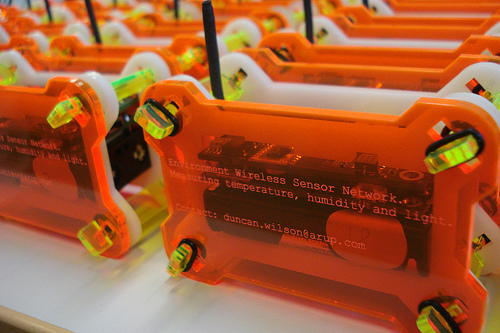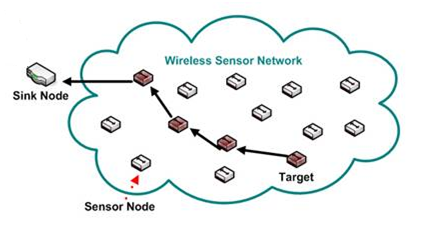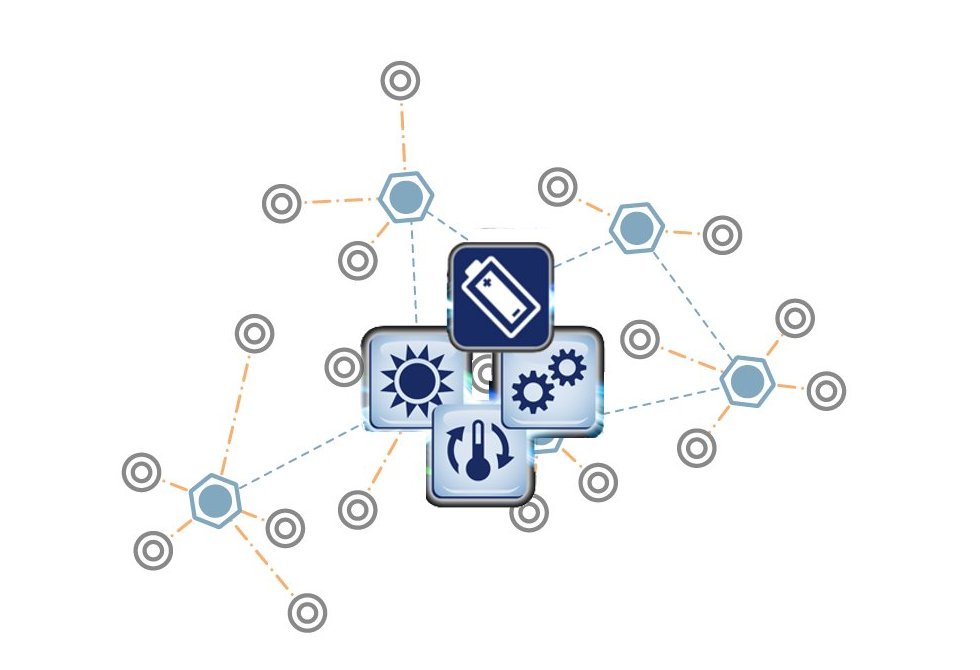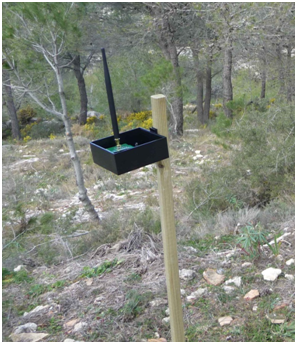The objective of this project is the study of electromagnetic radiation depending on the final location of the node (in a person, in noisy environments, etc), the electromagnetic compatibility with the environment, applicable law, etc. It will also be important to know the effects of the final case (the one that allows us to obtain a device resistant to the conditions of use) in radiation, range and reliability of the node, as well as possible changes in the behavior of the sensors and actuators in the device, etc.
Related Technologies
- WSN
- HW design
- Wireless communications
- Electromagnetic radiation
- Mechanics
Task
- Study of the state of the art in electromagnetic radiations in Wireless Sensor Networks
- Study of the behavior of nodes with their final case.
- Requirements definition
- Implementation of the nodes and functionality
- Tests and results
Requirements
- Dedication: 4 hours/day.
Tutor
Elena Romero <elena@die.upm.es>
Elena Real <ereal@die.upm.es>
State
Not assigned






